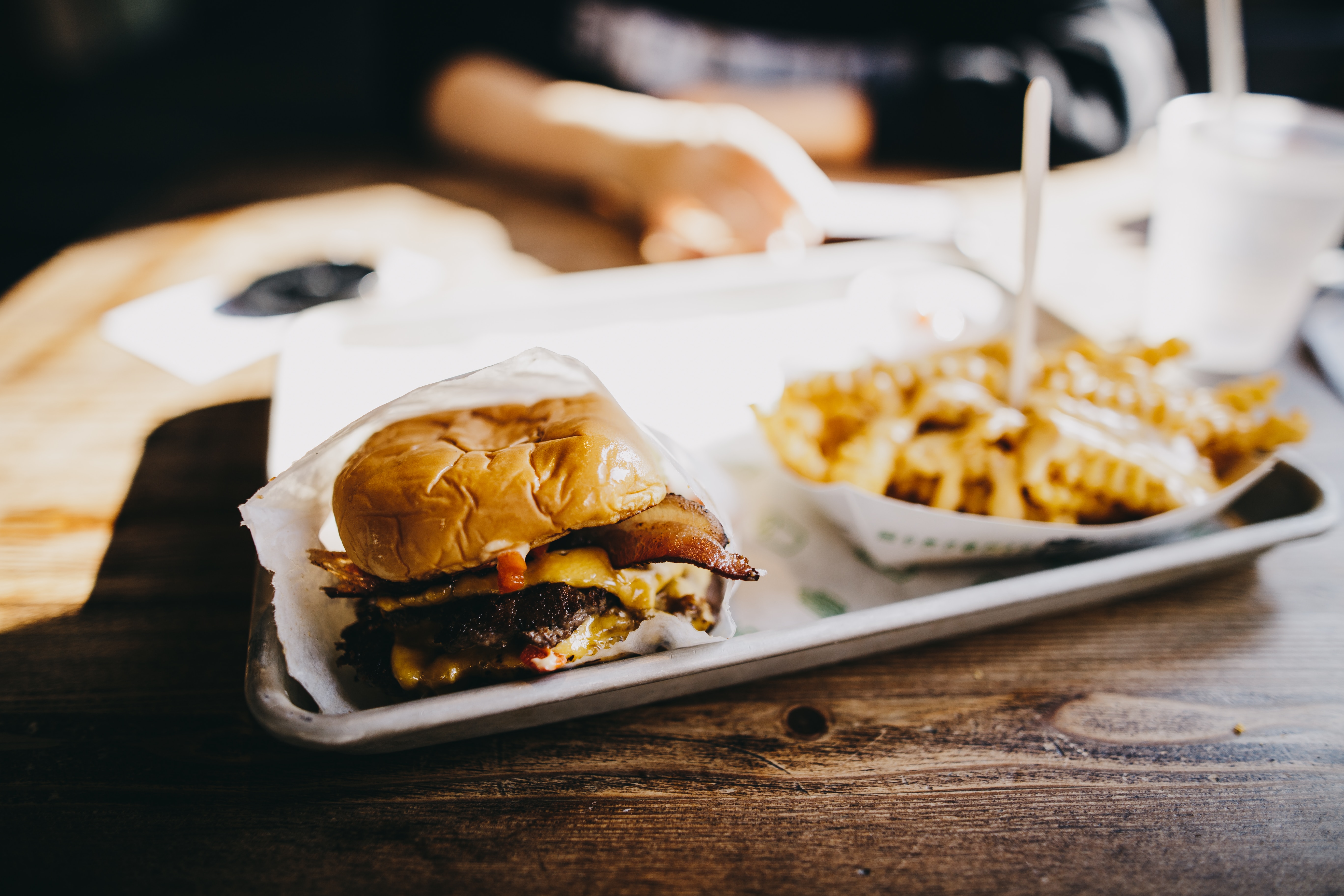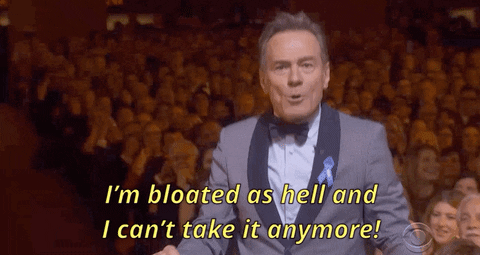
Cutting Out Dairy: What Really Happens?
The good, the bad and the ugly.
Whether it be for ethical or health reasons, millennials all over the globe have sworn by cutting out dairy for the miracles their bodies have achieved afterward. Especially with the rise of veganism, oat and nut milk seem to have taken over. But, despite a supposed high-fat content and celebrity approval, here are 4 reasons why ditching dairy may not be as ideal as it seems.
1 – A healthy diet

The most obvious reason to not quit dairy unless you’ve been recommended to by a professional is that it’s a major part of a healthy diet. Milk, cheese, and yogurt are rich sources of protein, vitamin D and calcium, so before swapping them, it’s important to create a diet that will ensure enough nutrients from other sources, like greens and pulses.
2 – Losing weight

Perhaps the most popular reason of cutting out dairy endorsed by celebrities is that it may help you lose weight, however, nutritionists often highlight that dairy-quitters aren’t losing weight because they’re not drinking milk, but rather because they’ve quit the mac and cheese and pizza addictions. In fact, a study in 2016 suggested that dairy actually helps with weight loss, as women who consumed higher quantities of high-fat dairy products had a lower risk of obesity by 8%. Although this may not initially make sense, one reason could be that full-fat dairy contains more calories, reducing appetite, meaning people are less likely to reach for sugary snacks that are known to be bad for you.
3 – Less bloating

In most cases, people who experience bloating, gas, and cramps when they consume dairy are lactose intolerant. However, that doesn’t mean dairy needs to be completely removed, instead, cutting back on dairy could be enough.
4 – Clearer skin

Research from the last century has been arguing that there is at most a weak link between acne and dairy consumption, however, some professionals fight back by arguing that the hormones in milk products could increase hormonal acne, and often, people do have clearer skin when they remove dairy from their diet. Similarly, people with eczema and psoriasis have reported fewer symptoms after they quit dairy, and dairy is considered to be one of the most common food allergens.
Whilst some of these reasons might convince you to cut out dairy from your life, the rest of us love cheese a little too much to say no all the way. So it’s not about quitting it completely, especially if there are negative effects on your overall health, but more about knowing what to eat and how much of it.











